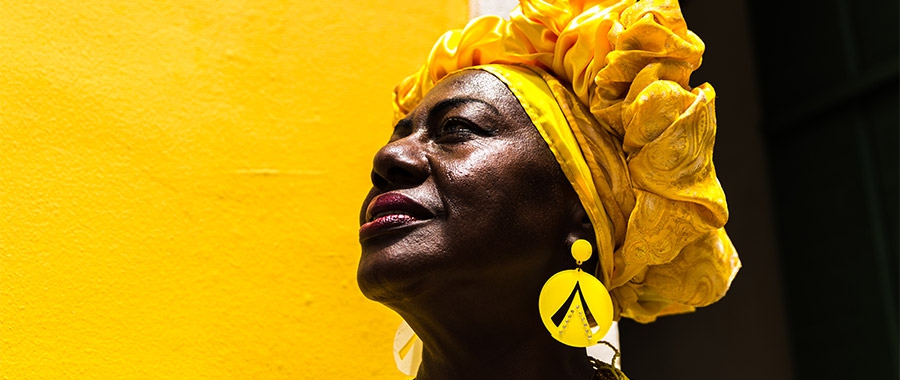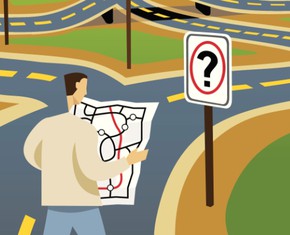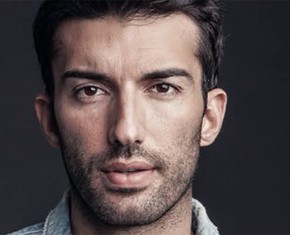The views expressed in our content reflect individual perspectives and do not represent the authoritative views of the Baha'i Faith.
Historically, hundreds of wars have been fought in the name of justice. In our own time, many movements and processes around the world have justice as their goal—but justice still eludes us.
The struggle for justice globally is tied to societies’ striving to achieve or maintain the rule of law. Such efforts have led to countries having constitutions to guide the practice of justice and order within their borders. Collectively, people in every context, including national and organizational, require a modicum of justice. Why is justice so important to human beings in general?
First, let’s define justice as it relates to the basic social context. Historically, justice has been regarded as the ability to treat others as we would like to be treated. As the Baha’i teachings emphasize, religions throughout the ages have taught justice as a basic principle of life:
The teaching that we should treat others as we ourselves would wish to be treated, an ethic variously repeated in all the great religions … sums up the moral attitude, the peace-inducing aspect, extending through these religions irrespective of their place or time of origin; it also signifies an aspect of unity which is their essential virtue, a virtue mankind in its disjointed view of history has failed to appreciate. – The Universal House of Justice, The Promise of World Peace, p. 1.
That “all the great religions,” that every prophet and universal educator, including Christ and Muhammad, would repeat the need to practice justice—to do unto others as we would like others to do unto us—has far-reaching implications.
This reciprocal principle of justice apparently bears witness to a divine inner guidance system within us that allows us know to know when we are being treated right and when we are treating others right. Once we familiarize and strengthen that inner guidance system, we can, with observation and time, progressively improve the way we interact with each other, and live an increasingly harmonious lifestyle with our true nature, our divine reality. The Baha’i writings convey the following thought-provoking view:
The best beloved of all things in My sight is Justice; turn not away therefrom if thou desirest Me, and neglect it not that I may confide in thee. By its aid thou shalt see with thine own eyes and not through the eyes of others, and shalt know of thine own knowledge and not through the knowledge of thy neighbor. Ponder this in thy heart; how it behooveth thee to be. Verily justice is My gift to thee and the sign of My loving-kindness. Set it then before thine eyes. – Baha’u’llah, Hidden Words, pp. 3-4..
Queen Marie of Romania seemed to have gained a deep insight regarding justice and that inner guidance system:
God is All, everything. He is the power behind all beginnings. … His is the Voice within us that shows us good and evil. But mostly we ignore or misunderstand this voice. Therefore, did He choose His Elect to come down amongst us upon earth to make clear His Word, His real meaning. Therefore, the Prophets; therefore, Christ, Muhammad, Baha’u’llah, for man needs from time to time a voice upon earth to bring God to him, to sharpen the realization of the existence of the true God. Those voices sent to us had to become flesh, so that with our earthly ears we should be able to hear and understand. – quoted by Shoghi Effendi, The Promised Day Is Come, p. 109.
The desire for fairness and justice, therefore, is a divinely embedded trait within every human soul. Based upon our divine nature, human beings can never be satisfied without it. The more humanity matures, the more we will make efforts to ensure and experience justice at every level of society, and in every field of life:
Justice and equity are twin Guardians that watch over men. From them are revealed such blessed and perspicuous words as are the cause of the well-being of the world and the protection of the nations. – Baha’u’llah, Epistle to the Son of the Wolf, p. 12.
No light can compare with the light of justice. The establishment of order in the world and the tranquillity of the nations depend upon it. – Ibid., pp. 28-29.
O son of man! If thine eyes be turned towards mercy, forsake the things that profit thee, and cleave unto that which will profit mankind. And if thine eyes be turned towards justice, choose thou for thy neighbor that which thou choosest for thyself. – Ibid., pp. 29-30.
You May Also Like
Comments

















1. ‘Regard man as a mine rich in gems of inestimable value. Education can, alone, cause it to reveal its treasures, and enable mankind to benefit therefrom (Baha'u'llah, Gleanings from the Writings of Baha'u'llah, CXXII)’.
2. ‘Were man to appreciate the greatness of his station and the loftiness of his destiny he would manifest naught save goodly character, pure deeds, and a seemly and praiseworthy conduct (Baha'u'llah, Tablets of Baha'u'llah, p. 171)’.